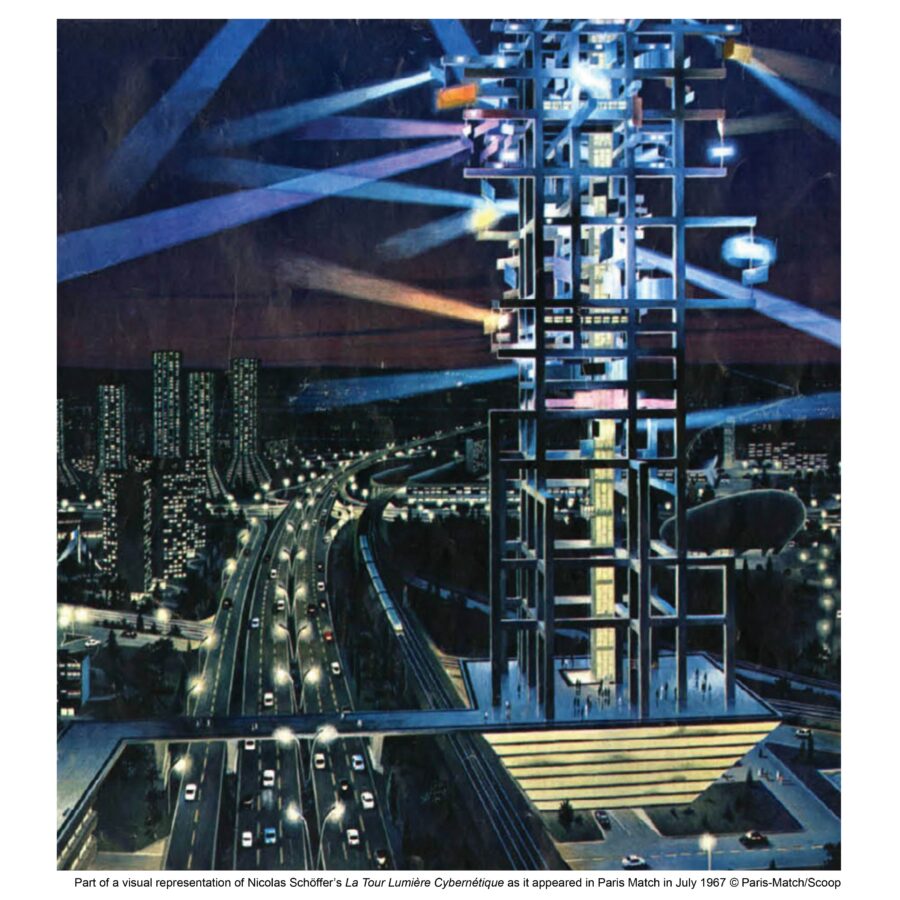
EKA, A501
Start Date:
17.06.2024
Start Time:
11:00
End Date:
17.06.2024
On 17th June Nina Stener Jørgensen, a PhD candidate of the Estonian Academy of Arts, curriculum of Architecture and Urban Planning, will defend her thesis “Participation as Data? Architecture and Cybernetics in Europe around 1968” (Osalus kui andmed? Arhitektuur ja küberneetika Euroopas 1968. aasta paiku).
A public defence will be held on 17th June 2024 at 11.00 at EKA (Põhja pst 7), room A501.
Defense will be broadcast on EKA TV.
Supervisor: Prof. Maroš Krivy (Estonian Academy of Arts)
External Reviwers: Dr. Tahl Kaminer (Cardiff University), Dr. Ingrid Halland (University of Oslo)
Opponent: Dr. Tahl Kaminer
This dissertation unpacks histories of participation and computer technology, through the analysis of the intersection of adaptable space and cybernetics in architectural practice around 1968, focusing in particular on the role of participation in this convergence.
The main body of the thesis comprises three articles studying projects spanning from 1965 to the time around the oil crisis in 1973. From a moment in European architectural history, where the political East-West divide was particularly tangible, the cases represent and cover a broad sample of attitudes towards participation and cybernetics from a Western-European perspective. From Paris, which in many ways is the ‘locus of 1968’, from London which at the time fostered a rapid development of new computer technologies and business models, as well as from Copenhagen, which at the height of architectural modernism witnessed the first critiques of the so-called Scandinavian welfare model.
With its focus on archival material and historic case studies, “Participation as Data? Architecture and Cybernetics in Europe around 1968” aims to show how the urban and its city dwellers were accessed through the practice of participation and how this extraction was framed and conceived by architectural and cybernetic means. Throughout the articles, the main research question ‘Participation as data?’ has served as a recurring method of analysis, aimed at comprehending how exactly the architects made use of cybernetics and participation, and how they aimed to intersect the two concepts in an architectural practice, looking at how cybernetic participation cut across multiple scales, from the singular room to the city, all potentially expanding to a global and networked infrastructure. Through the analysis of British architect Cedric Price’s feasibility study for Oxford Corner House (1965–1966), Franco-Hungarian spatial artist Nicolas Schöffer’s proposal Tour Lumière Cybernétique (1961–1973) as well as Danish architects Susanne Ussing and Carsten Hoff’s practice as Atelier Cyberspace (1968–1970), the thesis proposes the term ‘Cybernetic participation’ to encompass their programmatic similarity; mainly the treatment of participation as an information collection process, but also how the projects subsequently sidestepped a direct interaction with its users.
The thesis is available HERE.
Defence Committee: Dr. Siim Tuksam (Head of the Committee), Dr. Anu Allas, Dr. Renee Puusepp, Prof. Andres Kurg, Prof. Panu Lehtovuori, Prof. Klaske Havik, Prof. Helena Mattsson.
